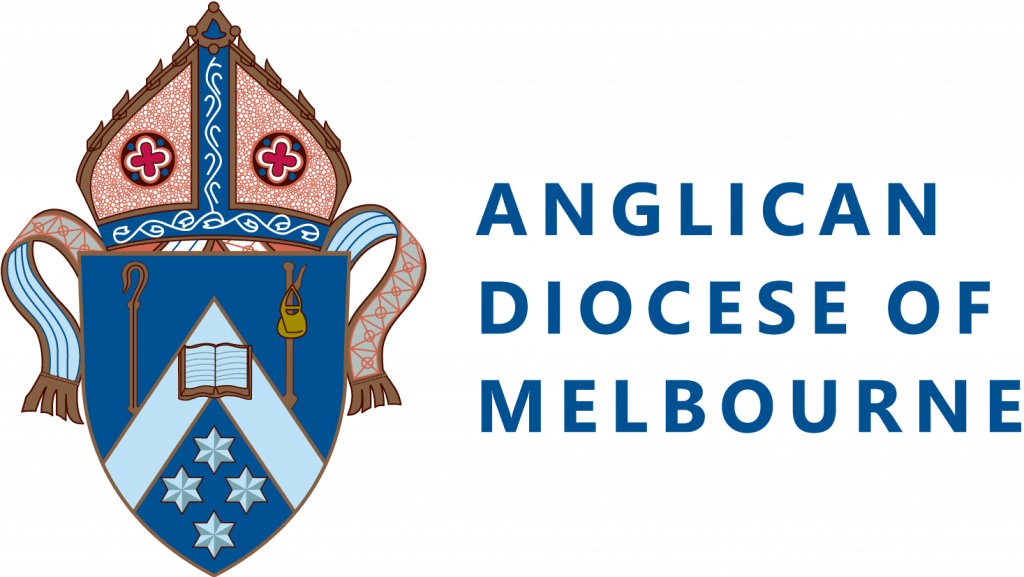Find a Church
Click here to find Anglican services nearest to you!
Contact Us
Click here to contact the Anglican Diocese of Melbourne
Making a complaint
If you have a complaint please click here.
Making Your Parish Safe
Read about our safe ministry requirements.


